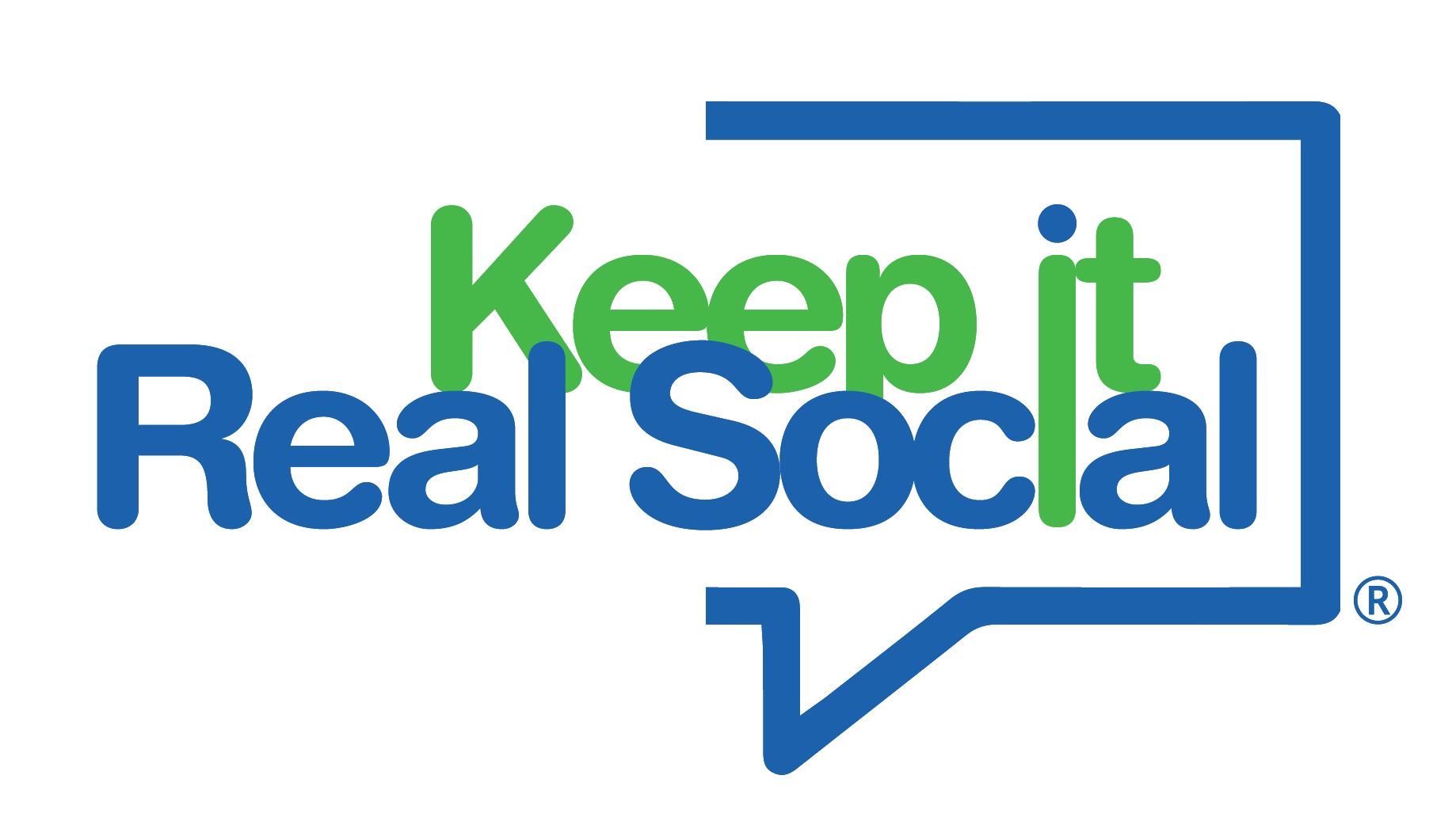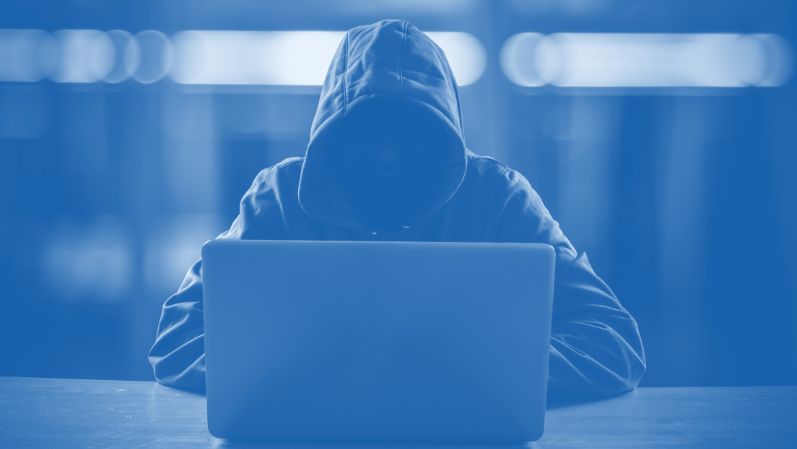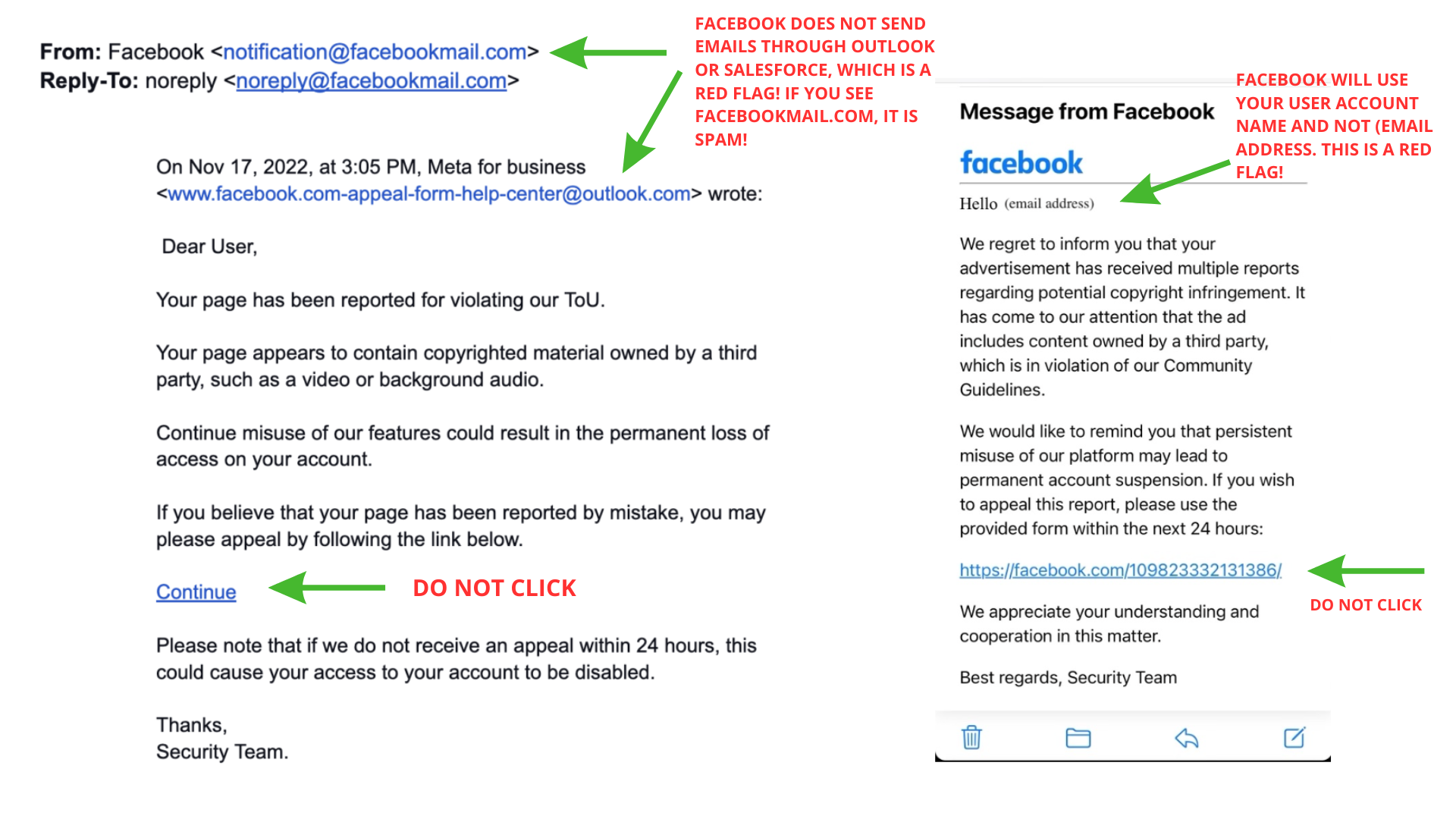Social media platforms have become an integral part of our lives. With its large user base, Facebook provides a platform for staying connected, marketing businesses, and discovering new content. However, with such widespread usage comes the risk of hackers and impersonators attempting to access accounts. Facebook aims to protect its users by issuing spam alerts when they suspect an account has been compromised. In this blog post, let’s explore the world of Facebook spam alerts (both real and fake), the signs of a hacked account, and what steps you can take to regain control and protect your online presence.
Understanding Facebook Spam Alerts: Facebook spam alerts are notifications sent to users when the platform’s security systems detect suspicious activity on their accounts. These alerts are a defense mechanism, warning users of potential unauthorized access attempts or compromised security. The goal is to prompt users to secure their accounts and prevent further damage. There are plenty of instances where you may receive an alert that appears to be from Facebook stating that your account has been hacked.
Knowing the Difference Between Phishing and a Legitimate Account Suspension: Be very wary of the alerts you receive from “Facebook;” they may be phishing attempts. Phishing is when cybercriminals try to deceive individuals into sharing sensitive information such as passwords, credit card numbers, or personal data. Do not click on the link if you receive an email or notification stating to do so. These links may prompt you to sign in to Facebook, thereby giving away your login credentials and access to your Facebook business pages; see the examples below. If you’re unsure about the legitimacy and you’re worried about your Facebook page being deleted or suspended, check your account overview. You can find this at business.facebook.com/accountquality. If there are any issues with your Facebook business page, you’ll see them noted under your account overview.
Signs of a Hacked Account: Receiving a spam alert can be alarming, but it’s important to recognize the signs that indicate a legitimately hacked account. While the specific indicators may vary, here are some common red flags:
- Unfamiliar Activity: If you notice unexpected posts, messages, or friend requests you didn’t initiate, it could be a sign that someone else has gained access to your account.
- Altered Account Information: Hackers often change the account’s email address, password, or other personal details to make it difficult to regain control.
- Locked Out of Account: If you cannot log in to your Facebook account despite entering the correct credentials, it might indicate a hacker has taken control and changed the password.
- Notifications from Friends: Friends may alert you about suspicious messages or posts originating from your account which you didn’t send.
Steps to Regain Control of Your Account: Taking immediate action is crucial if you suspect your Facebook account has been hacked or if you receive a spam alert. Here’s what you should do:
- Run Security Checks: Use Facebook’s security features, like two-factor authentication, to secure your account. Change your password and ensure it is unique and strong.
- Report the Incident: Inform Facebook about the issue by reporting the compromised account through their Help Center. Follow their instructions to regain control.
- Scan for Malware: Perform a thorough scan of your device using reliable antivirus software to identify and remove any potential malware that may have contributed to the hack.
- Check Other Accounts: Since hackers often target multiple accounts using the same credentials, review and update the passwords for your other online accounts.
Preventing Future Hacks: While it’s impossible to guarantee absolute security, taking preventive measures can significantly reduce the risk of future hacks:
- Use Strong Passwords: Create unique, complex passwords for each online account, including Facebook. Avoid using easily guessable information like birthdates or common phrases.
- Enable Two-Factor Authentication: This additional security measure adds an extra layer of protection to your account.
- Be Wary of Phishing Attempts: Exercise caution when clicking suspicious links or providing personal information on unverified websites or emails.
- Regularly Update Software: Keep your operating system, antivirus software, and web browsers updated.
Receiving a spam alert from Facebook is a contributing indication that your account may have been hacked. While it can be disconcerting, acting swiftly to regain control and protect your personal information is essential. If you receive a message that looks like spam or a potential hacking attempt, do not click on the link; run a security check within your account. You can protect your online presence from hackers by staying vigilant, adopting strong security practices, and following the recommended steps.
Sign up for our newsletter for free tips for small businesses and organizations. Sign up today and receive THREE complimentary downloads to help your business/organization set goals, track the right metrics, and create killer content.




